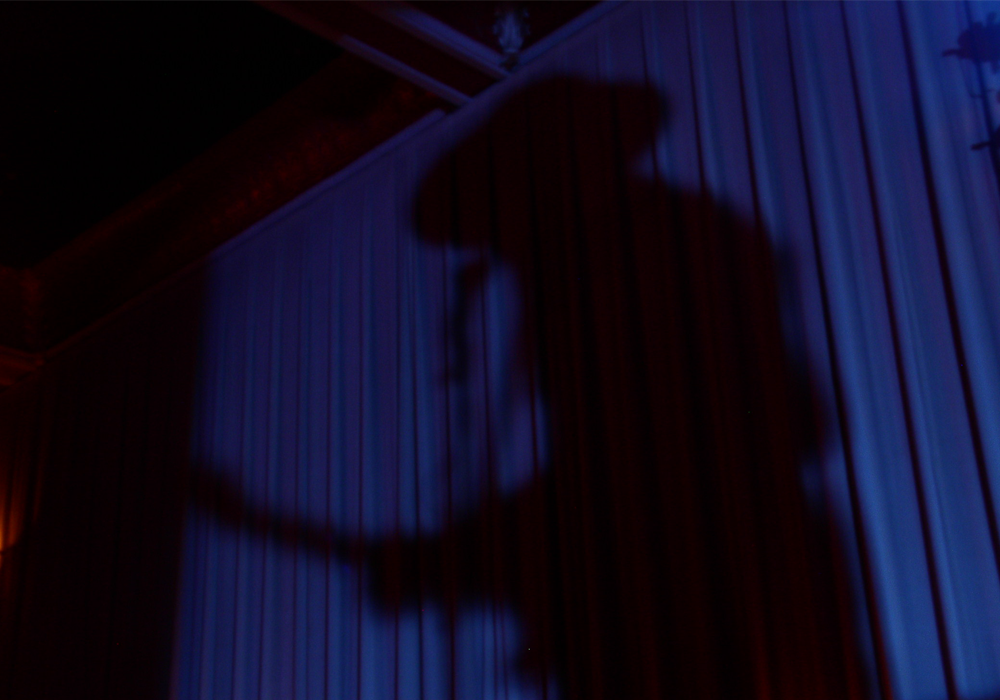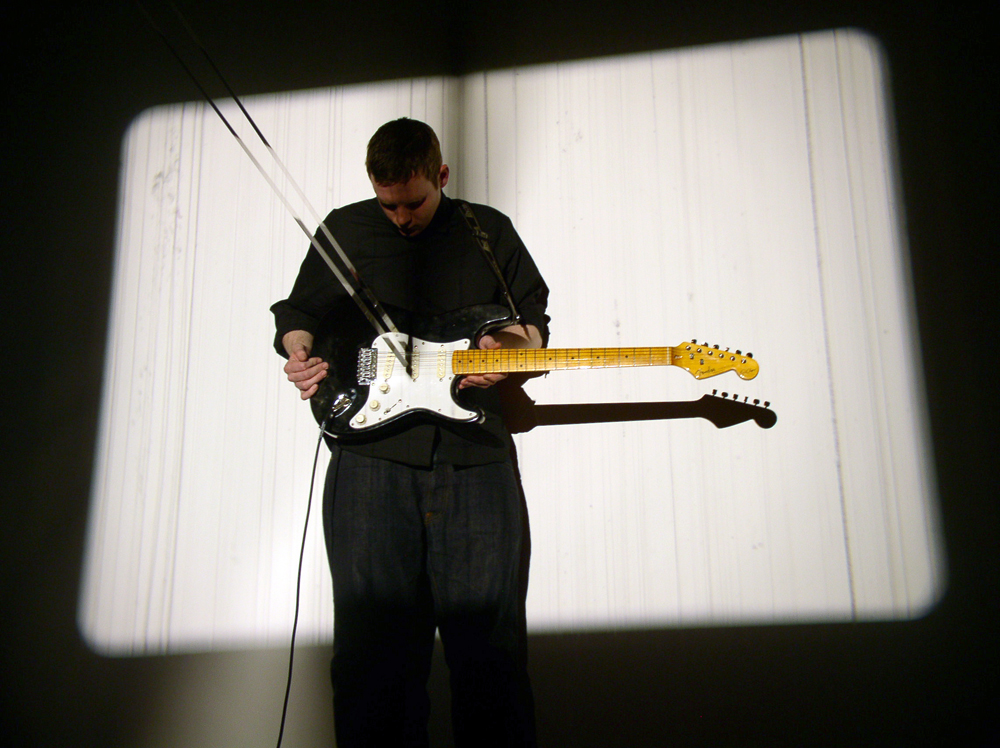
Keith Evans & Coelacanth
Keith Evans Loren Chasse
A system in which film is projected onto copper strips, captured again and then re-projected as video, somehow transforming the original imagery into molasses-slow, molten and incredibly tactile flickers of colour and light.













